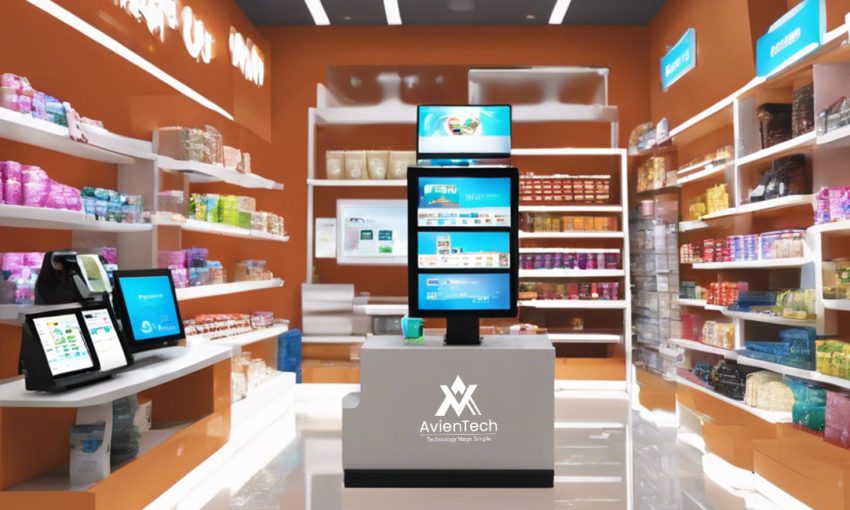
In the bustling business landscape of Bangladesh, where efficiency and accuracy are paramount, Point of Sale (POS) software has emerged as a game-changer for countless enterprises. This article delves into the world of POS software in Bangladesh, exploring its significance, key features, and the top solutions available in the market.
Understanding the Essence of POS Software in Bangladesh
Revolutionizing Transaction
In a world that’s constantly evolving, traditional cash registers are becoming obsolete. POS software provides businesses in Bangladesh with a streamlined solution for managing transactions, inventory, and customer data. This not only enhances efficiency but also reduces the margin for error in daily operations.
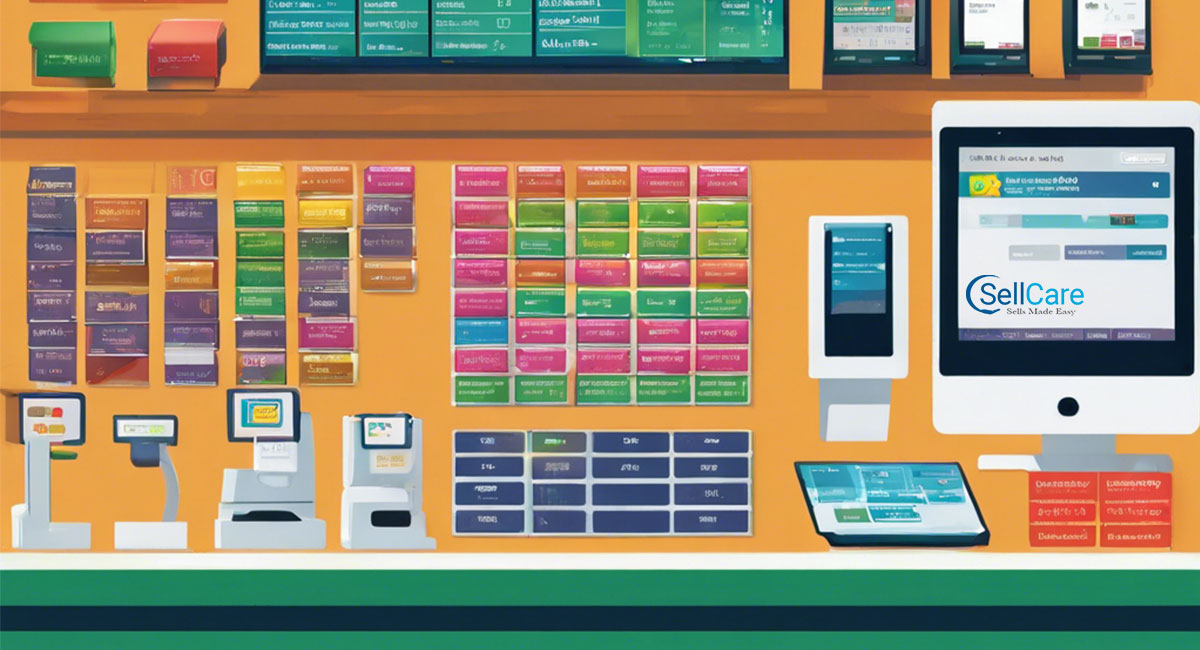
Key Features of Top POS Software in Bangladesh
Real-time Inventory Management
One of the standout features of leading POS software in Bangladesh is real-time inventory management. This functionality allows businesses to track their inventory levels instantly, minimizing the risk of stockouts and ensuring a smoother supply chain.
Integrated Payment Solutions
Efficient transactions are the backbone of any successful business. The top POS software solutions in Bangladesh offer integrated payment solutions, supporting various payment methods and ensuring a hassle-free checkout experience for both customers and merchants.
Customer Relationship Management (CRM)
Establishing robust connections with customers is crucial for long-term prosperity. POS software in Bangladesh goes beyond transactions, incorporating CRM features that help businesses understand their customers better, personalize interactions, and foster long-term loyalty.
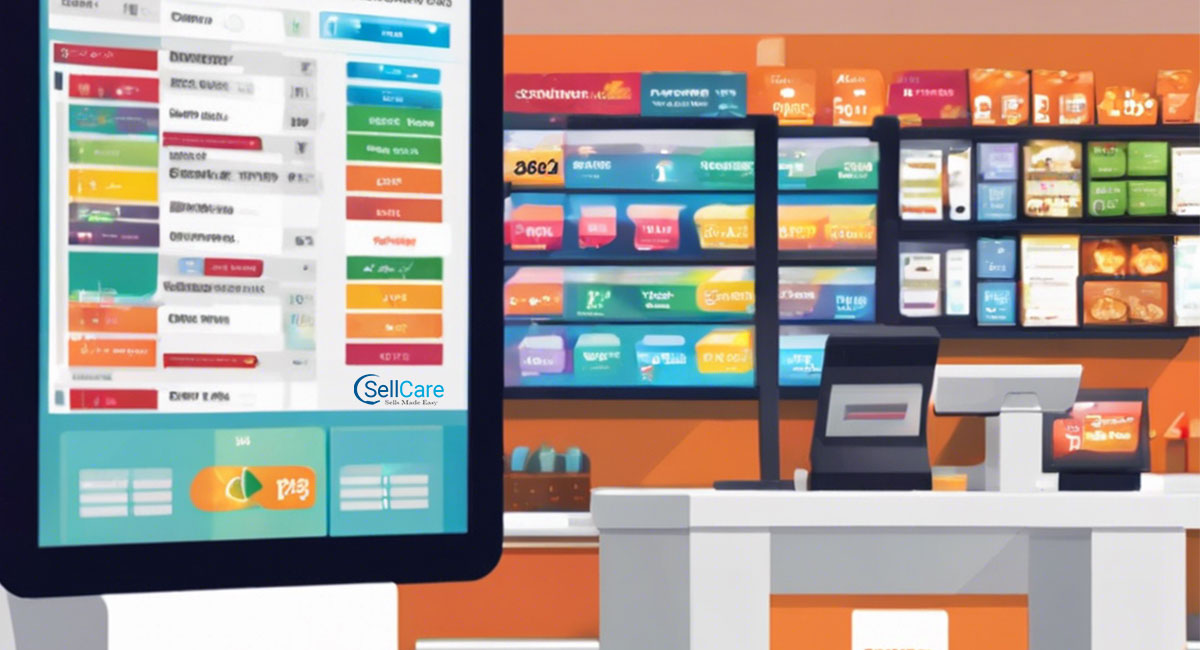
Analytics and Reporting
Data-driven decision-making is the need of the hour. Leading POS solutions provide robust analytics and reporting tools, empowering businesses in Bangladesh to gain insights into sales trends, customer behavior, and overall performance. This valuable information aids strategic planning and future business growth.
The Benefits of Implementing POS Software in Bangladesh
Increased Operational Efficiency
By automating routine tasks, POS solutions significantly increase operational efficiency. This allows businesses to redirect their resources towards more strategic endeavors, fostering overall growth and sustainability.
Enhanced Customer Experience
A smooth and quick checkout process, coupled with personalized interactions through CRM features, contributes to an enhanced customer experience. Satisfied customers are more likely to become repeat buyers, fostering brand loyalty.
Accurate Financial Reporting
POS software eliminates the manual errors associated with traditional bookkeeping. Accurate financial reporting ensures that businesses in Bangladesh have a clear understanding of their financial health, facilitating informed decision-making.
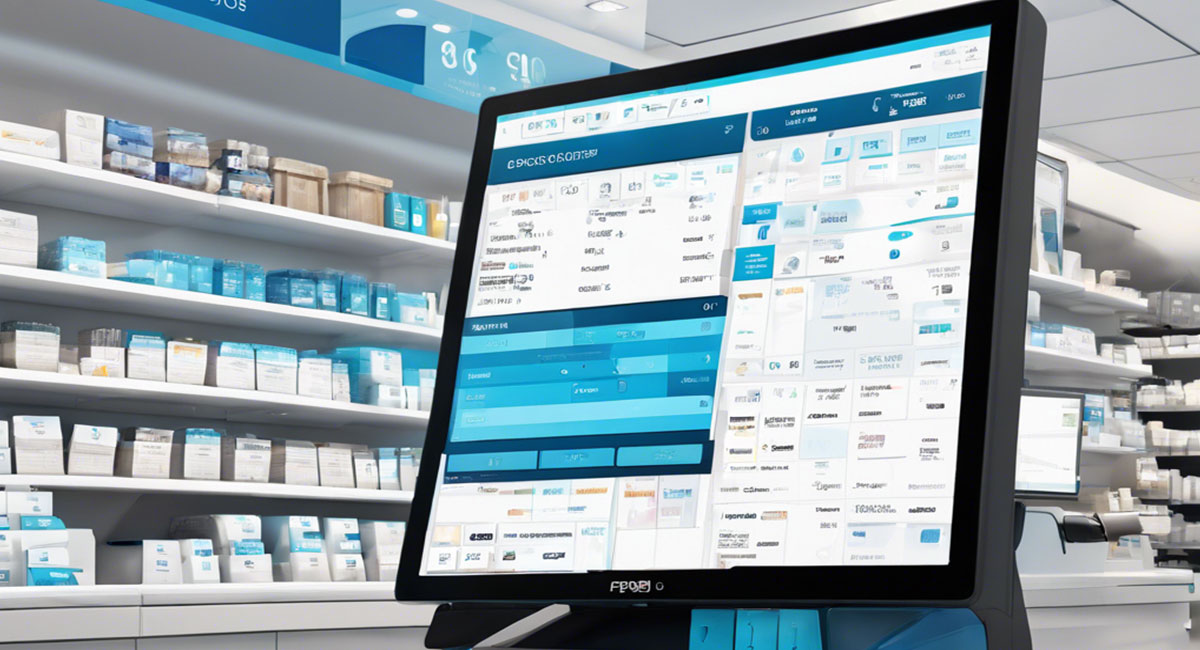
Choosing the Right POS Software for Your Business
Consider Your Business Needs
Before selecting a POS software solution, it’s crucial to assess your business’s unique requirements. Whether you’re a small retailer or a large enterprise, choosing software that aligns with your specific needs ensures maximum utility.
User-Friendly Interface
Opt for POS solutions with an intuitive and user-friendly interface. This reduces the learning curve for your staff, allowing them to adapt quickly and make the most of the software’s features.
Scalability
As your business grows, so should your POS solution. Ensure that the software is scalable and can accommodate the evolving needs of your enterprise without significant disruptions.
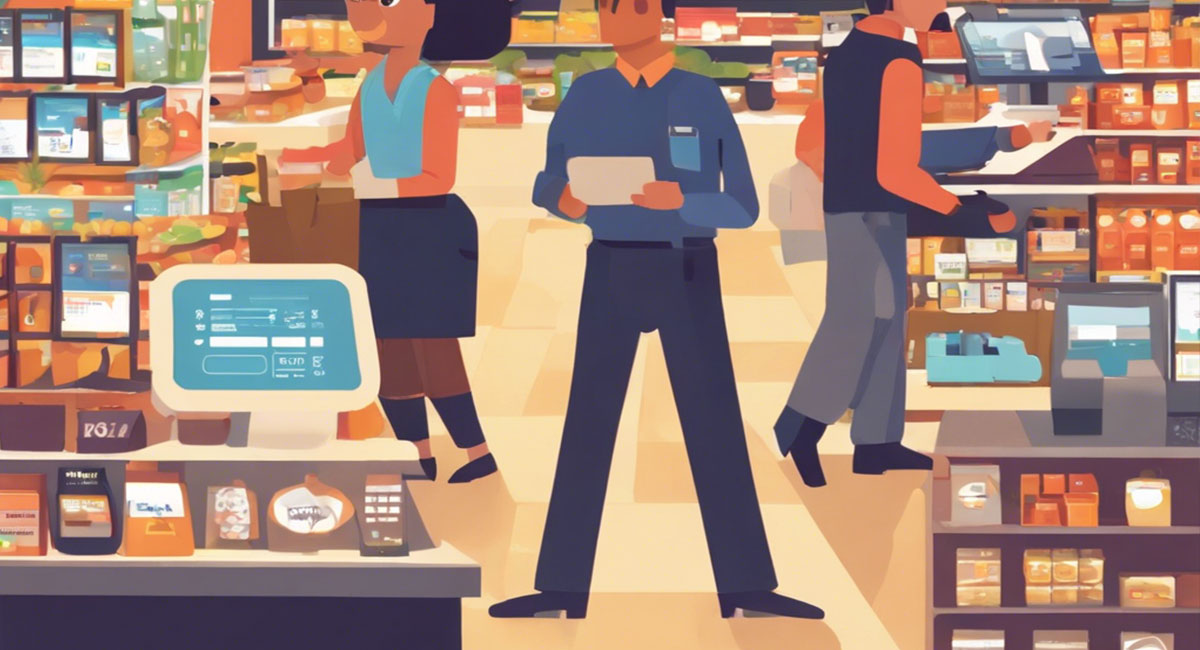
Conclusion
In conclusion, POS solutions in Bangladesh are not just a technological upgrade; it’s a strategic investment that can propel businesses to new heights. By embracing the right POS solution, enterprises can optimize their operations, delight customers, and stay ahead in the competitive market. As the business landscape continues to evolve, integrating POS solutions becomes not just a choice but a necessity for sustained success.
Point of Sale (POS software) is the system where your customers make payments for goods or services offered by your business. POS transactions can occur directly or online, and receipts are printed or generated electronically. Cloud-based POS systems are becoming increasingly popular among store owners in Bangladesh. Techneo360, one of the best software development companies in Bangladesh, provides highly secure Point of Sale – POS Software in Bangladesh.
Your super shop may maintain paper-based Business Processes for items, Sales, Purchase, and inventory. Although record-keeping is not difficult generating reports has become a major problem area in the current manual Business Process. We are a Leading POS Software Provider in Dhaka, Bangladesh, We provide POS Software that will keep records and generate daily, weekly, or any periodical reports of items, Sales, Purchase, Accounting & Inventory which is normally prescribed for day-to-day activity.
We deliver complete web-based POS software with bar code generation and bar code integration by which you can manage multiple shop from a single point through the Internet. We have a good number of Clients in Dhaka city and whole over Bangladesh who Successfully operate their Shop and chain Shop through online or offline.
Basic Feature:
- Ease-to-use interface, highly secured with authentication user hierarchy and instant access of customer information.
- Multiple shop and shift creation options.
- Item creation and barcode generation.
- Sales entry by barcode scanner.
- Sales report of a particular day, item, shop, and shift.
- Instant access to product information.
- Fully integrated with inventory.
- Stock in, stock out, stock balance, and stock valuation.
- Extensive search facilities and reporting formats can be converted to PDF reports that can be generated based on daily, weekly, monthly, yearly, product share, by company, area, value share, and by each or all combination. The report previewing facility is based on the user’s scope of work and privilege.
What is POS?
POS (Point of Sale) refers to the place or system where sales transactions occur. It involves the hardware and software used by businesses to process sales, track inventory, and manage customer interactions. In a retail or service environment, the POS system helps facilitate the exchange of goods or services for payment.
Key Components of a POS System:
- Hardware: This includes physical devices like a cash register, barcode scanner, receipt printer, and a payment terminal for processing credit or debit card payments.
- Software: The POS software allows businesses to manage sales, track inventory, and handle customer data. It can be installed on computers, tablets, or even mobile devices.
- Payment Processing: POS systems often integrate with payment gateways or processors to handle credit/debit card transactions, mobile payments, and other digital payment methods.
- Inventory Management: Many POS systems help track stock levels, alert businesses when inventory is low, and generate reports on sales trends.
- Customer Relationship Management (CRM): Some advanced POS systems have features to track customer data, purchase history, and preferences, helping businesses offer personalized services or loyalty programs.
Types of POS Systems:
- Retail POS: Used in physical stores to facilitate purchases and manage inventory.
- Mobile POS (mPOS): Portable POS systems, often on smartphones or tablets, used by small businesses or vendors on the go.
- Cloud-based POS: Stores data in the cloud, making it accessible from anywhere with an internet connection. It’s scalable and ideal for businesses with multiple locations.
- Restaurant POS: Tailored for the food industry, these systems often include table management, kitchen orders, and menu customization features.
Benefits of Using a POS System:
- Efficiency: Speeds up the checkout process and reduces human errors.
- Inventory Management: Automatically tracks stock and helps avoid overstocking or shortages.
- Reporting and Analytics: Provides real-time sales data and reports to help businesses make informed decisions.
- Customer Experience: Enhances service by offering faster, smoother transactions and personalized experiences.
A POS system is essential for modern businesses to streamline operations, improve customer service, and make data-driven decisions.
The benefit of POS.
A Point of Sale (POS) system offers several benefits that can significantly improve business operations, customer experience, and profitability. Here’s a breakdown of the key advantages:
1. Increased Efficiency
- Faster Transactions: POS systems speed up the checkout process by automating tasks like calculating totals, applying discounts, and processing payments.
- Automated Inventory Management: POS systems automatically track inventory levels in real-time, helping businesses stay informed about stock availability and avoiding manual tracking errors.
2. Improved Accuracy
- Error Reduction: By automating the sales process and integrating barcode scanning, POS systems reduce human error, ensuring accuracy in pricing, inventory management, and financial reports.
- Real-time Data: POS systems provide up-to-the-minute sales data, reducing discrepancies between sales and inventory records.
3. Better Inventory Management
- Stock Alerts: POS systems can notify you when stock is low, helping prevent stockouts or overstocking.
- Detailed Tracking: You can monitor which products are selling best, track seasonal trends, and adjust inventory accordingly.
4. Enhanced Customer Experience
- Faster Service: Quick and accurate transactions result in shorter waiting times for customers.
- Personalized Service: POS systems can store customer information, enabling businesses to offer personalized services, promotions, or loyalty programs.
5. Sales Reporting and Analytics
- Comprehensive Reports: POS systems generate detailed sales reports that give insights into sales trends, product performance, and customer behavior.
- Data-driven Decisions: The data from POS systems help business owners make informed decisions about inventory, staffing, and marketing strategies.
6. Simplified Accounting
- Integration with Accounting Software: Many POS systems integrate seamlessly with accounting tools, reducing the need for manual data entry and minimizing errors.
- Detailed Financial Reports: POS systems provide detailed financial reports, making it easier to manage taxes, revenue, and expenses.
7. Flexible Payment Options
- Multiple Payment Methods: Modern POS systems accept various payment methods, including cash, credit/debit cards, mobile wallets, and contactless payments, offering convenience to customers.
- Secure Transactions: POS systems are equipped with advanced encryption technologies to ensure secure payment processing.
8. Employee Management
- Track Employee Performance: POS systems can track sales by employee, making it easier to monitor performance, identify top performers, and manage commissions.
- Shift Management: POS systems help with scheduling and managing employee shifts, reducing labor costs, and optimizing staff deployment.
9. Loyalty and Marketing Integration
- Loyalty Programs: Many POS systems support customer loyalty programs, encouraging repeat purchases and boosting customer retention.
- Targeted Promotions: With customer data, businesses can create targeted promotions based on purchase history and preferences.
10. Cloud-Based Access
- Remote Monitoring: Cloud-based POS systems allow business owners to monitor sales, inventory, and employee performance from anywhere with an internet connection.
- Scalability: Cloud-based systems can easily scale to accommodate new store locations or increased business volume.
11. Compliance and Taxation
- Automated Tax Calculations: POS systems can automatically apply local tax rates, ensuring compliance with tax regulations.
- Easy Tax Reporting: With built-in reporting features, POS systems simplify tax reporting, reducing the burden on business owners during tax season.
In summary, a POS system not only streamlines day-to-day operations but also enhances business management by providing real-time data, improving customer experience, and increasing overall efficiency. It’s a crucial tool for businesses aiming to optimize their workflow and improve profitability.





